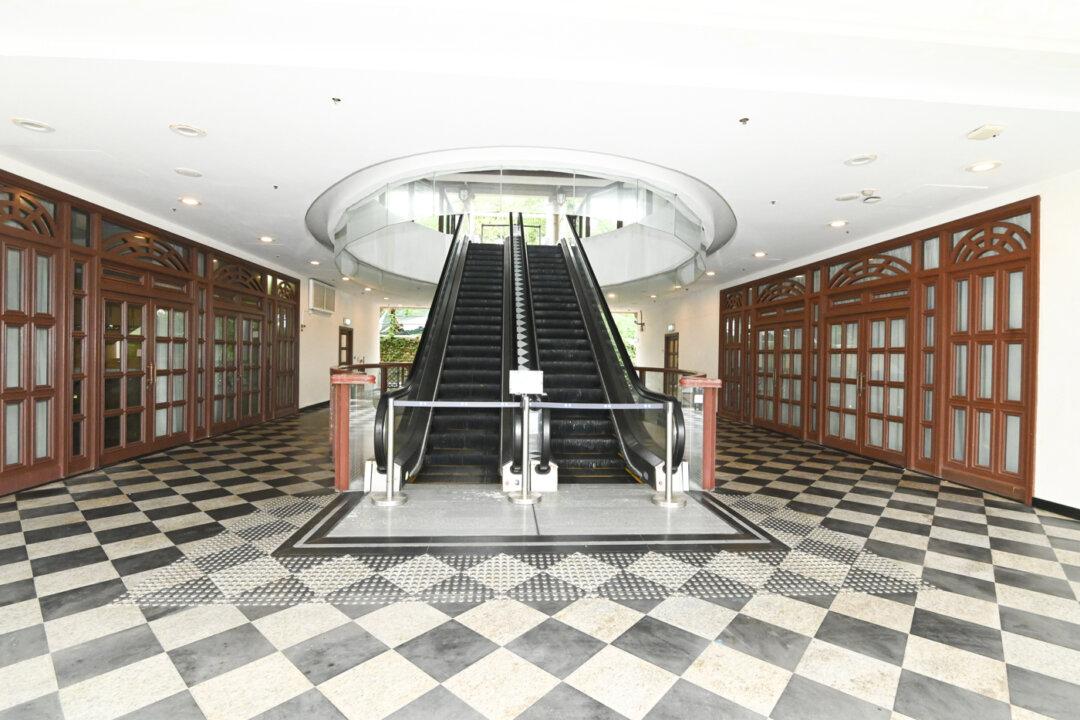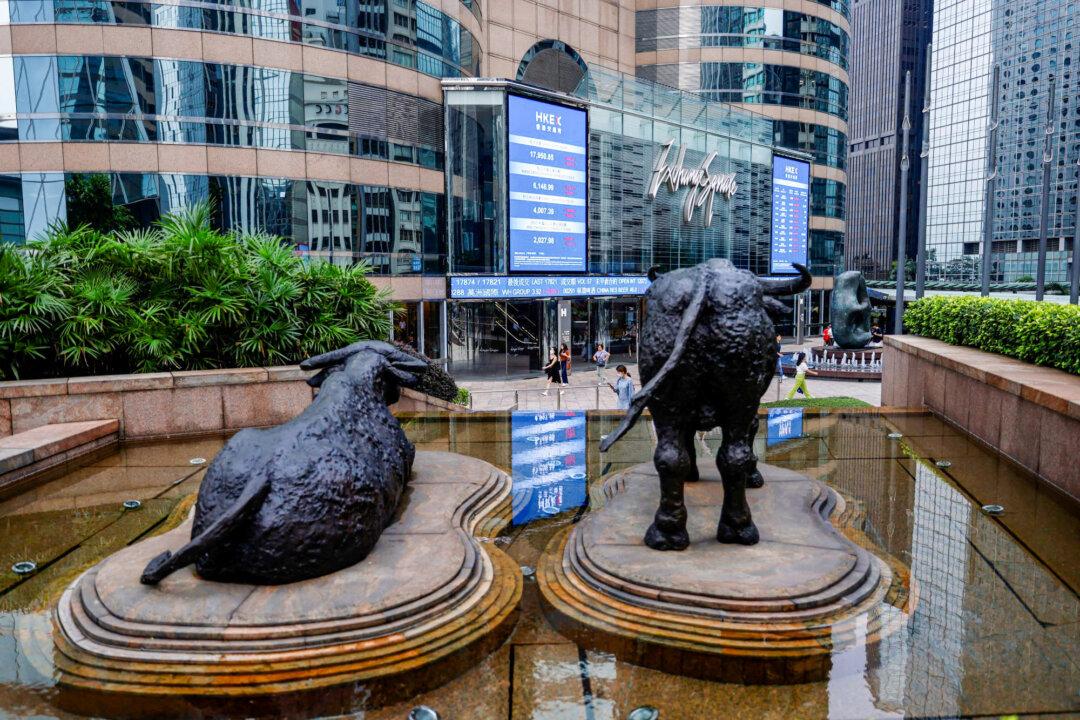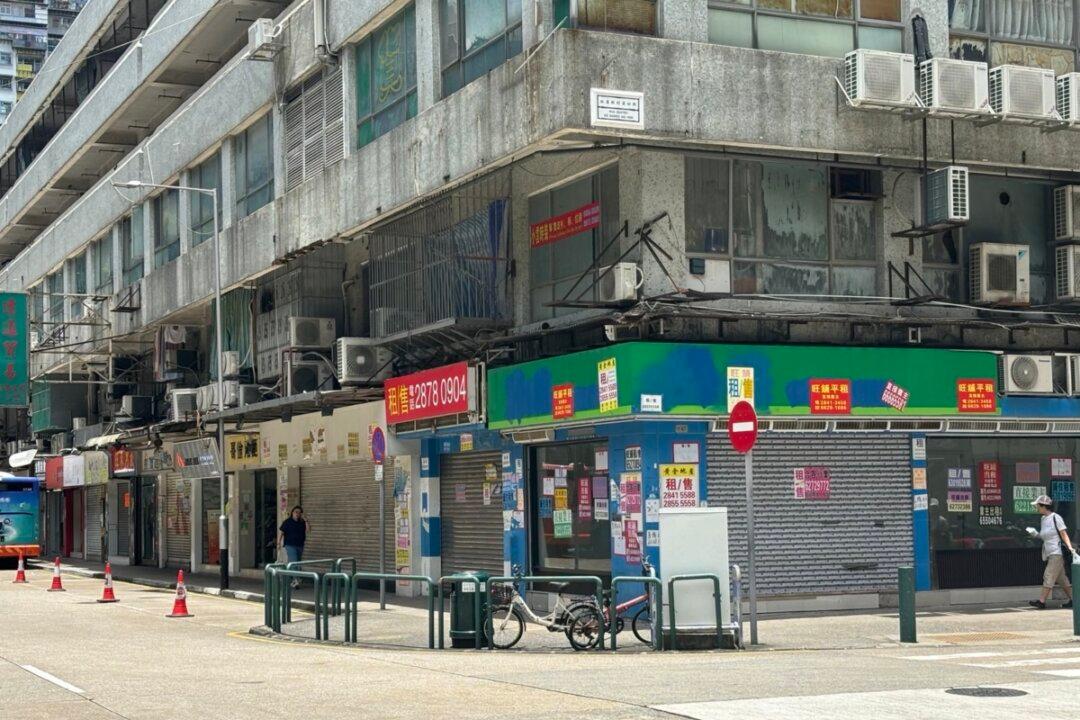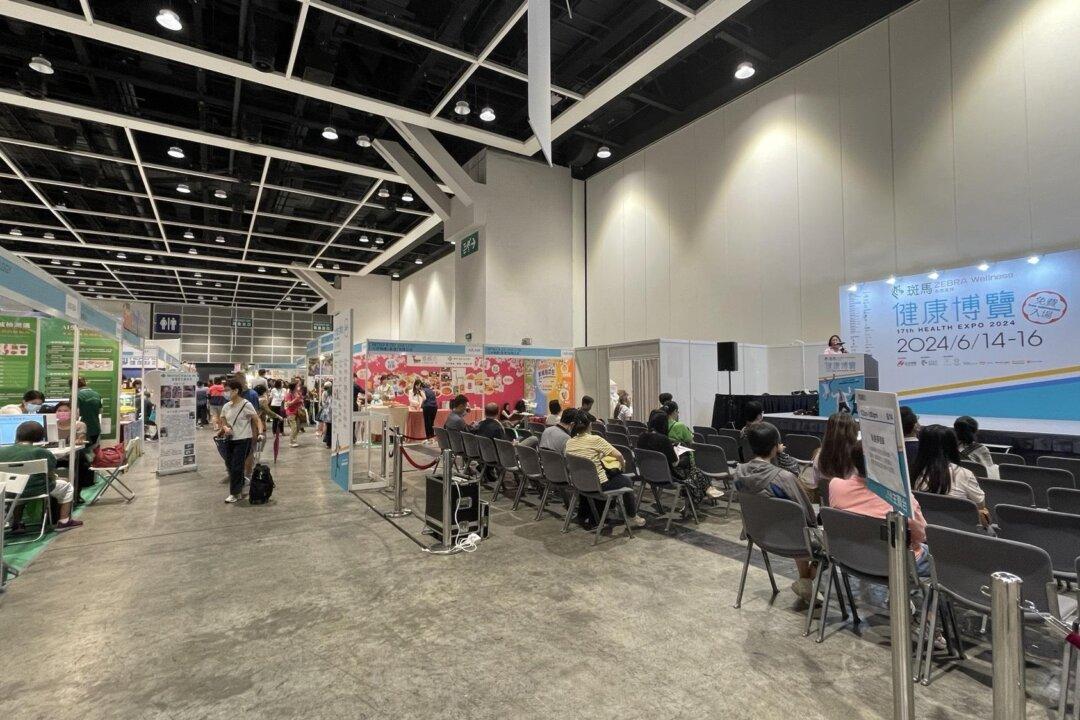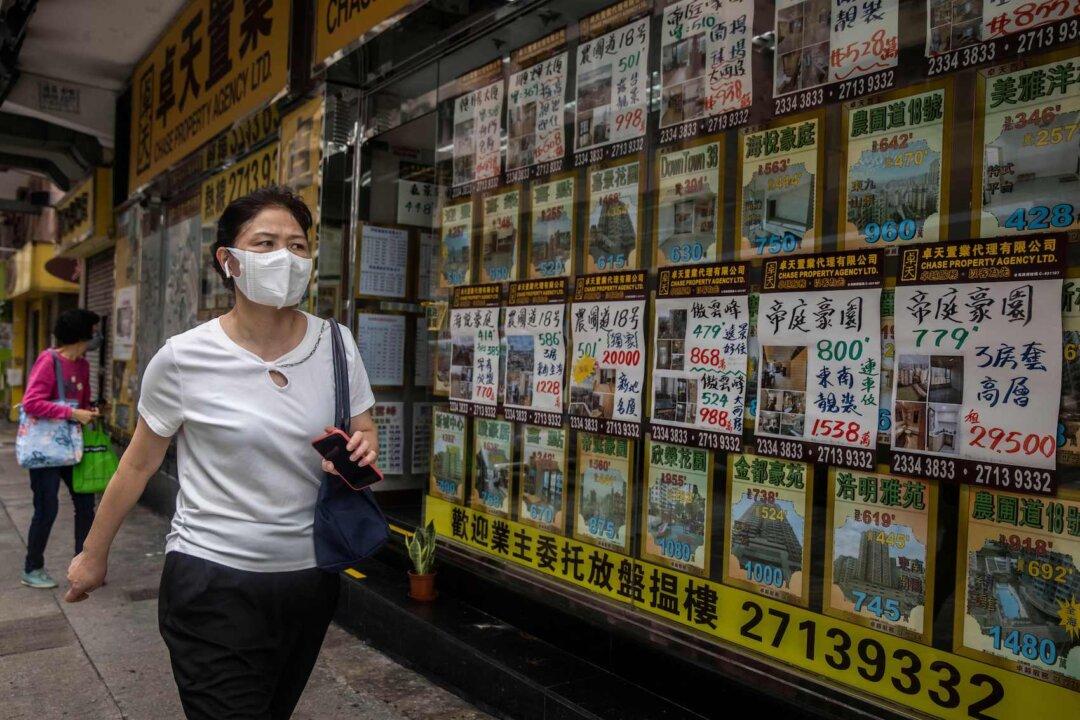Stephen Roach, the former chairman of Morgan Stanley Asia, reiterated his “Hong Kong is over“ stance during a Foreign Correspondents’ Club lunch in Hong Kong on June 5.
Mr. Roach cited three main reasons: the fundamental weakening of Hong Kong’s basic economic foundation, the unresolved U.S.–China conflict, and the reduced political autonomy of Hong Kong since 2019. He believes that Hong Kong’s economy is tightly linked to mainland China’s and that without a rebound in the Chinese economy, Hong Kong cannot recover on its own.
